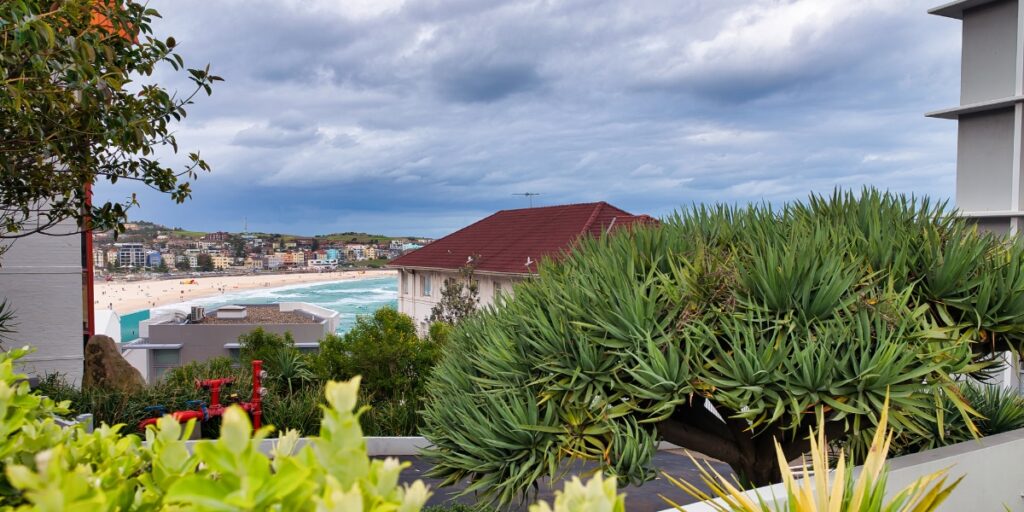The financial return that is generated from any investment can generally be represented via two distinct categories: capital growth and income yield. When purchasing an investment property, a property investor will undoubtedly consider the potential rental yields of a property to help determine if it’s a viable investment opportunity.
Below, we unveil some of the key factors that influence rental yield of rental properties.
What is rental yield?
Income yield quantifies the annual cash generated by an income-generating asset. It is calculated as the percentage of the property’s value represented by the rental income. There are two primary types of yields: gross yield and net yield. Yield exists in many different investment types, including stocks and managed funds, however, when discussing income yield related to property investments, it is commonly referred to as ‘rental yield’.
Gross rental yield
Gross rental yield represents the annual rental income generated by the property as a percentage of its total cost or current market value. The formula for calculating gross rental yield is as follows:
Gross Rental Yield = (Annual Rental Income / Property Cost or Market Value) × 100
To calculate the gross rental yield, you need to know the annual rental income generated by the property and either the total cost of acquiring the property or its current market value. Higher rental yield typically indicates the better the property’s rental income performance compared to its cost or value.
Keep in mind that the gross rental yield does not take into account expenses related to the property, such as property taxes, insurance, maintenance costs, and vacancy rates. Therefore, while it provides a useful initial assessment of a property’s potential, it’s essential to consider these additional factors to get a more accurate picture of the property’s overall profitability. A more comprehensive metric (called net rental yield) factors in these expenses to give a clearer picture of the property’s actual cash flow and profitability.
Net rental yield
While gross rental yields indicate the total income generated from a property as a percentage of the property value, net rental yield, on the other hand, gives investors a better idea of a property’s profitability as it considers the percentage of income return after factoring in the property expenses.
To following formula can be used to calculate net rental yield:
Net Rental Yield = (Net Annual Rental Income After Property Expenses / Property’s Market Value) × 100
By calculating the net rental yield, investors can evaluate the potential return on their investment in a rental property and compare it with other investment options. A higher net rental yield indicates a more profitable property, while a lower yield may suggest that the property’s expenses are eating into the potential rental income.

The factors that influence rental yield of an investment property
Several factors can influence the rental yield of an investment property, including SDA investment properties.
Location
The property’s location is perhaps the most critical factor influencing rental yield. Properties in prime locations, such as city centres, near public transportation, schools, shopping centres, and employment hubs, tend to command higher rents, resulting in better rental yields.
Supply and demand
The balance between rental demand and the supply of rental properties in the area significantly affects rental yield. If the demand for rental properties exceeds the available supply, rents will likely increase, leading to potentially higher rental yields.
Property type
Different types of properties, such as apartments, houses, or commercial spaces, can yield different rental returns. The type of property you invest in will impact the rental demand and the rental income you can generate.
Condition and amenities
The overall condition of the property and the amenities it offers also play a role in determining rental yield. Well-maintained properties and those with desirable amenities like parking spaces, gyms, or swimming pools are likely to attract higher rental rates and, consequently, higher rental yields.
Market trends
The real estate market is dynamic, and economic conditions, interest rates, inflation, and other market factors can influence rental yields. Keeping abreast of market trends is essential for understanding how the rental yield of your investment property could shift.
Property management costs
Efficient property management can impact rental yield. If the property requires frequent repairs and maintenance or property management fees are high, it can eat into your rental income and lower your overall yield.
Government policies and regulations
Rental yield can be affected by government policies and regulations related to property investment, rent control, taxation, and landlord-tenant relationships. As an example, the Queensland premier recently proposed a rental price cap.
Did you know: The National Disability Insurance Scheme holds bipartisan support and provides SDA funding to help cover the cost of SDA property building and maintenance?
Tenant profile & vacancy rates
The type of tenants you attract can influence rental yield. Long-term, reliable tenants who pay rent on time can provide a stable income stream and reduce vacancies, leading to better rental yield. In the case of NDIS investment properties, the tenants are NDIS participants with very high support needs. SDA properties are purpose-built with the necessary provision to support their needs, meaning that tenancies are typically very long-term.
Leverage
The financing strategy you employ can also influence rental yield. If you borrow money to invest in the property (using a mortgage, for example), the cost of financing and interest rates may affect your net rental income and, consequently, rental yield.
Understanding the yield potential of an SDA investment property
If you’d like to better understand your financing options for an NDIS investment property (so that you can more accurately calculate the potential rental yield of your proposed investment), NDIS Loan Experts can help. We take great pride in understanding your financial situation and working with you to source an appropriate lending solution to take advantage of the socially-focused and financial benefits of investing in the SDA property market.
Get in touch with the team today to start the conversation.


